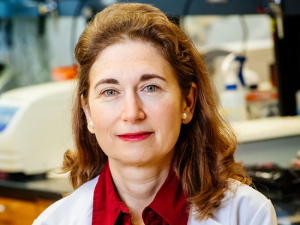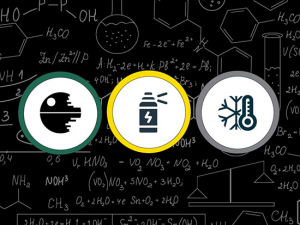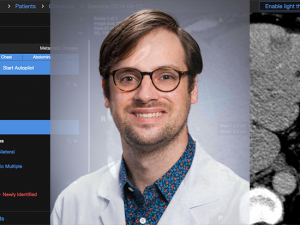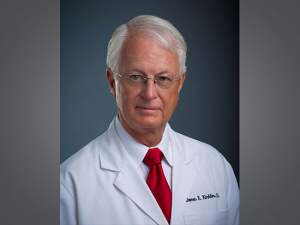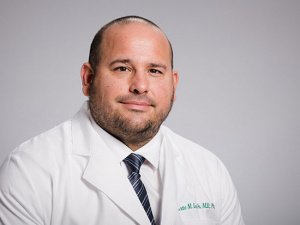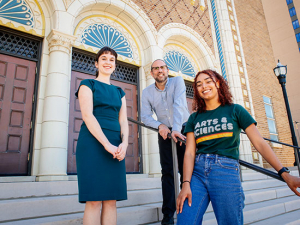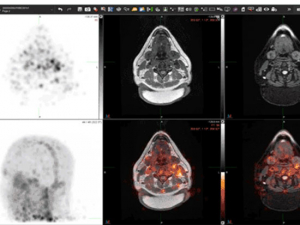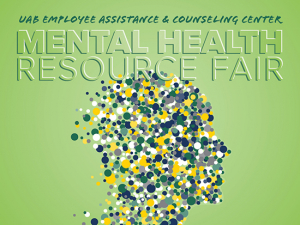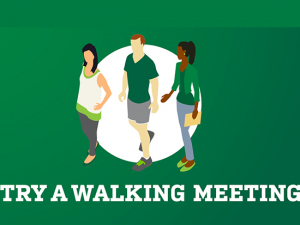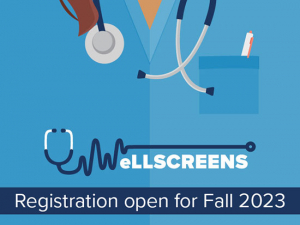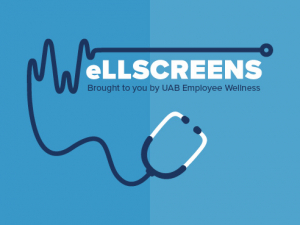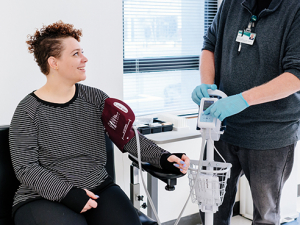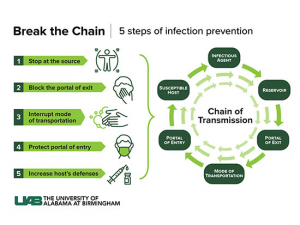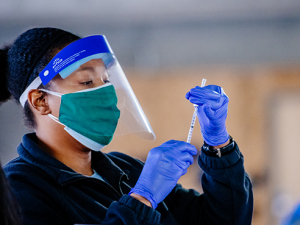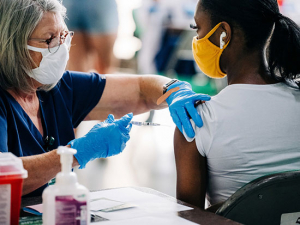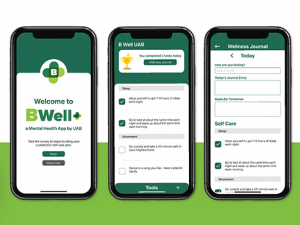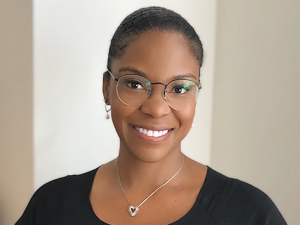
Matt Windsor
| This email address is being protected from spambots. You need JavaScript enabled to view it.New grafts, seat belts, more recovery: Expert updates on treating and preventing ACL injuries
Each year, some 100,000 Americans have surgery to repair the knee’s anterior cruciate ligament, or ACL. But treatment and prevention best practices continue to evolve. Hear from a surgeon and a physical therapist on the latest thinking at UAB.
Anath Shalev, M.D., did everything she could to change treatment for Type 1 diabetes from her lab, but getting to first-in-human trials meant taking a step she had always resisted. The most surprising thing about launching a startup, though? “I have enjoyed it.”
Unload, weed, assist shoppers and more. Here are six ways you can serve your fellow Blazers at UAB’s food pantry as it experiences record growth.
3 UAB chemists break down their formulas for fighting cancer
This radiologist is helping doctors see through the hype to an AI future
The AI Literacy Course that fellow Jordan Perchik, M.D., began in 2020 for UAB trainees now reaches 25 programs in 10 countries — at a time when radiology faces global shortages and a proliferation of artificial intelligence tools.
Kirklin’s ‘new chapter’: a health-tech startup powered by his research breakthroughs
Major NIAID grant brings cutting-edge equipment to UAB for research on COVID and more
UAB scientists will have a new arsenal of state-of-the-art, high-end technology for their investigations in infectious diseases and pandemic preparedness through a $4.3 million scientific equipment grant from the National Institute of Allergy and Infectious Diseases.
Driver assistance tech that comes standard on new vehicles can be tricked into causing accidents — but there is a way to alert humans in time. A UAB grad student and his mentor will share their findings this month at a global conference.

